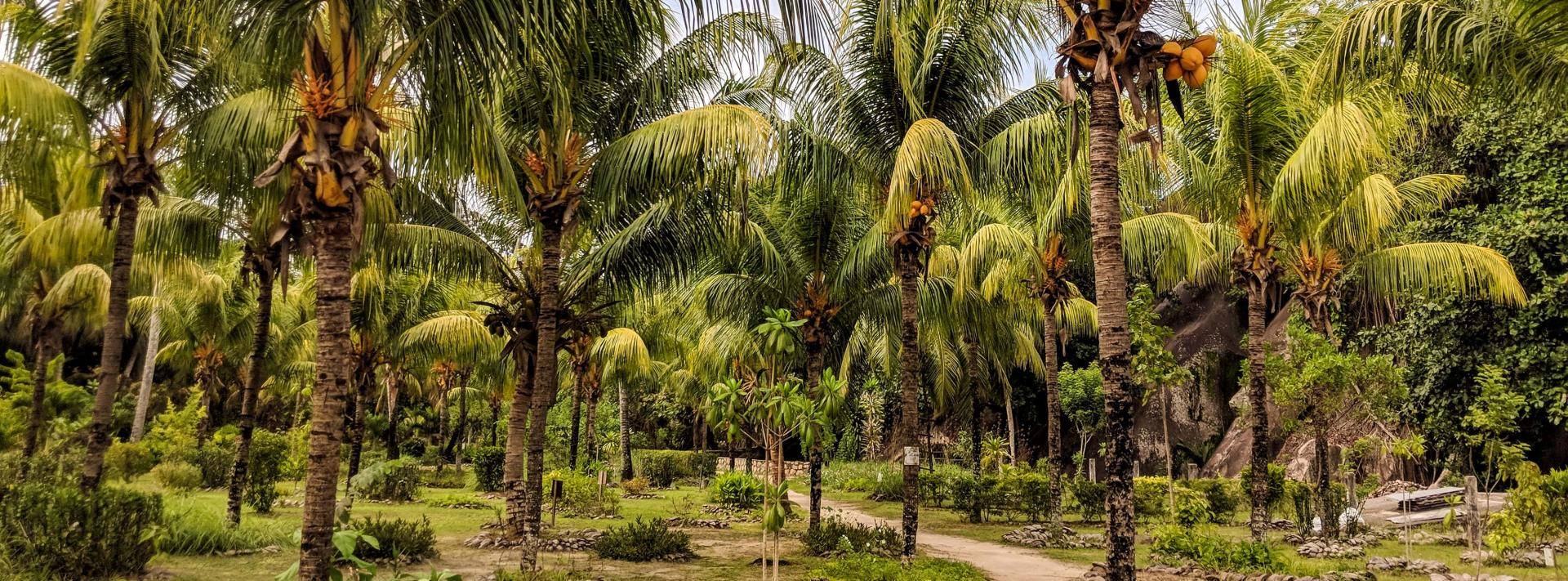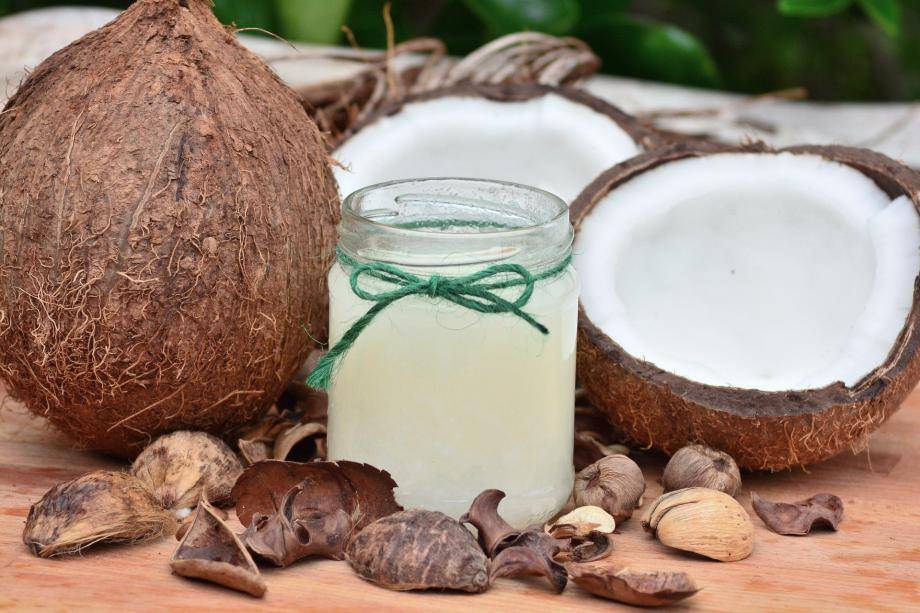Spearheading sustainability in the coconut industry

Spearheading sustainability in the coconut industry
At Barry Callebaut, our mission is to make sustainable chocolate the norm by 2025. As part of our Forever Chocolate plan we have a commitment on all ingredients that go into our chocolate. This means taking into account the sustainability of every aspect of our supply chain, including coconuts. Coconut is a key ingredient in many of our products, which is why we decided to develop a coconut sustainability framework to drive change in this industry.

The sustainability challenges in coconut production
In recent years, there has been rapid growth of the global coconut market, paired with significant and yet untackled sustainability challenges. These include aging trees, natural disasters, complex value chains and producers lacking in market, finance and technical know-how. The result has been low quality produce, low income for producers and little incentive to improve practices across the board, despite a growing market.
A scorecard for success
Building on our work to improve traceability within our coconut supply chain, we joined forces with Nestlé and Proforest in 2020 to launch the Sustainable Coconut Supplier Scorecard and Sustainable Origins Assessment.
We are dedicated to achieving transparency and traceability in our supply chains, including in sourcing coconut as a raw material for our products. The supplier scorecard and origins assessment we are developing together with Barry Callebaut will enable us to fully understand current and future challenges in sourcing this raw material and to address gaps in sustainable coconut production. This set of tools will also be beneficial in creating an alignment among companies and defining a common framework to drive changes in the industry.
The Sustainable Coconut Supplier Scorecard and Sustainable Origins Assessment will allow us to assess sustainability risks at the sourcing locations/origin countries of our coconut supply chain, set clear improvement targets and track performance over time. It will also help us enhance traceability by mapping out supply chain actors, and introduce a tangible incentive for suppliers and coconut origins to make improvements. By 2022, we intend to roll out this assessment with all of Barry Callebaut’s coconut oil suppliers, in addition to our annual traceability assessment.
More broadly, we are inviting organizations active in the coconut industry to join us in signing the Sustainable Coconut Charter, thus transforming the ongoing development of sustainable practices in the coconut industry into a global movement.
The Sustainable Coconut Charter - a promising start
To address sustainability challenges in coconut production, we collaborated with USAID Green Invest Asia and industry and launched in November 2020 the Sustainable Coconut Charter, co-signed by industry leaders AAK, FrieslandCampina, Harmless Harvest, Nestlé and Unilever.
The Sustainable Coconut Charter is a first of its kind voluntary framework for companies in the coconut industry. It represents a collective commitment and a harmonized approach to making a difference to the planet, people and business.
Since the launch of the Sustainable Coconut Charter, we have witnessed great momentum with over 40 companies, NGOs and other stakeholders expressing interest to align their approach toward sustainable coconut production.
